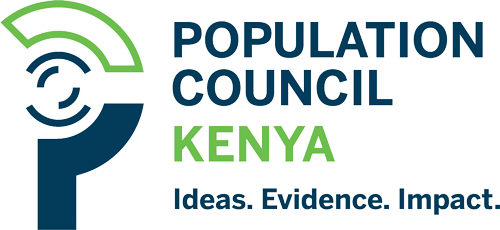Background
The 22nd International Conference on AIDS and STIs in Africa (ICASA) took place in Harare, Zimbabwe from 4-9 December 2023.
ICASA is a biennial event and the largest African forum bringing together key HIV, STI and communicable disease stakeholders, including heads of state and government, ministers, national HIV programme staff, advocates, scientists, policymakers, implementing partners, donors, civil society, communities and people living with HIV and STIs.
This year, ICASA was organized in partnership with the government of Zimbabwe.
SSLN at ICASA
Conferences are a key component of SSLN's learning activities. They allow for opportunities to learn and share knowledge, to network and collaborate with Country Champions and industry counter partners, and they support HIV prevention learnings that could further shape our SSLN activities.
This year, we had over 70 Country Champions involved in the conference through activities relating to poster or oral presentations, community villages, operational, or satellite sessions.
SSLN posters at ICASA:
- How sustainable are HIV prevention programs in Africa? Reflections from HIV prevention self-reflection tools
- Facilitating cross-country learning in HIV prevention through virtual platforms- Lessons from the South-to-South Learning Network’s Link & Learn Sessions
- Assessment of Adolescent Girls and Young Women HIV Prevention Program Using the Prevention Self-Assessment Tool in Uganda, 2023
SSLN satellite symposia at ICASA:
We hosted a panel discussion entitled "Empowering Health, Embracing Choices: Harm Reduction for People Who Use Drugs".in collaboration with UNODC, INPUD, WHO. Our panellists included representatives from UNODC, AfricaNPUD, and Tanzania NACP. Over 100 delegates attended the session held on 9 December.
Our reflections from ICASA
- Achieving universal health coverage requires health systems to address structural inequalities
- Refocusing for impact remains a key principle for HIV prevention, with a specific emphasis on using evidence
- HIV prevention needs to be considered holistically and in an integrated way
- Counties should institutionalise HIV prevention within their national health systems
- Open communication and dialogues among stakeholders is crucial for knowledge exchange, and collective charting sustainable path forward in the HIV response












Download Event Material

















